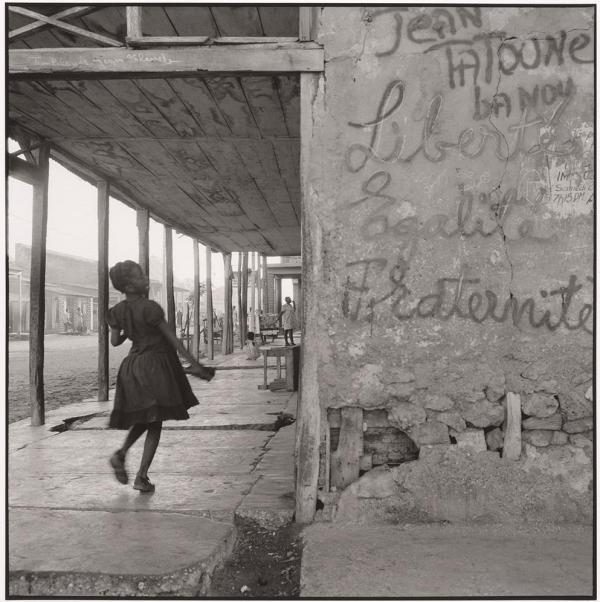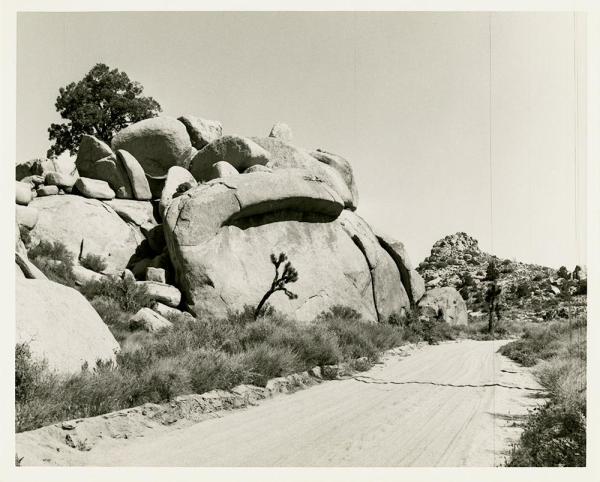In July 2021, […], Coral Gables Mayor Vince Lago urged the city’s commissioners to condition city funding for Illuminate Coral Gables, a public art show, on the exclusion of two of the participating artists because of their purported political views. In order to protect the integrity of the work and reject such a blatant act of censorship, the chief curator resigned. As a result, the whole 2022 edition of the show was cancelled, depriving Coral Gables residents and visitors of a much-celebrated art event.
https://ncac.org/news/mayor-coral-gables-florida-art-censorship
Category: politics
Open Letter: Release Otero Alcántara [NYR]
To President Miguel Díaz-Canel:
We the undersigned condemn the detention of the Black artist Luis Manuel Otero Alcántara, a leader of the San Isidro Movement, a group of Cuban artists, journalists, and academics that campaigns for freedom of expression.
[…]
The New York Review
Radical revolution of values

…the “black revolution” had gone beyond the “rights of Negroes.” The struggle, he said, is “forcing America to face all of its interrelated flaws—racism, poverty, militarism and materialism. It is exposing the evils that are rooted deeply in the whole structure of our society. It reveals systemic rather than superficial flaws and suggests that radical reconstruction of society itself is the real issue to be faced.”
[…]
His political maturation prompted him to connect the U.S. war in Vietnam to the deteriorating conditions in U.S. cities, and of even more consequence, it prompted him to search for more effective tactics in confronting the legal menace of segregation in the North and the attendant crises: slum conditions, unemployment, and police brutality.
Within this context, King began to publicly articulate an anticapitalist analysis of the United States that put him in sync with rising critiques from the global revolutionary left of market-based economies. Despite the “affluence” of the United States, it was, nevertheless, wracked by poverty and entrenched in an endless war. King masterfully tore down the wall that the political and economic establishments used to separate domestic policies from foreign policies.
Keeanga-Yamahtta Taylor
January 15, 2018
Fifty Years Since MLK, edited by Brandon Terry. Excerpt at The Paris Review. via Haymarket.
Biden wins
statesofchange.us
Movement Voter Project has identified 42 local groups working in key battleground states to fight voter suppression, mobilize voters, and build infrastructure that will lead to lasting change. All net proceeds from this fundraiser will be distributed by Movement Voter Project to these grassroots organizations working on the ground.
States of Change was organized to support this meaningful and much-needed work.
statesofchange.us
Danny Lyon, Merci Gonaives, Haiti, 1986. Artist website, Instagram.

Ed Ruscha, Desert, 1984. Artist website, Instagram.

bell hooks
On love, dissension, radical openness, language, freedoms, et al.
The Slowdown, 409
How Can Black People Write About Flowers at a Time Like This, by Hanif Abdurraqib.
… that is the wrong question
Traci K. Smith
Defund Toolkit
Concrete steps toward divestment from policing and investment in community safety via Interrupting Criminalization
Interrupting Criminalization: Research in Action is an initiative at the BCRW Social Justice Institute led by researchers Andrea J. Ritchie, Mariame Kaba, and Woods Ervin. The project aims to interrupt and end the the growing criminalization and incarceration of women and LGBTQ people of color for criminalized acts related to public order, poverty, child welfare, drug use, survival and self-defense, including criminalization and incarceration of survivors of violence.
#DefundPolice is a demand to cut funding and resources from police departments and other law enforcement and invest in things that actually make our communities safer: quality, affordable, and accessible housing, universal quality health care, including community-based mental health services, income support to stay safe during the pandemic, safe living wage employment, education, and youth programming. It is rooted in a larger Invest/Divest framework articulated in the Movement for Black Lives’ Vision for Black Lives.
Related : Black Panther Party’s Ten Point Plan.
We Want Freedom. We Want Power To Determine The Destiny Of Our Black Community.
We Want Full Employment For Our People.
We Want An End To The Robbery By The Capitalists Of Our Black Community.
We Want Decent Housing Fit For The Shelter Of Human Beings.
We Want Education For Our People That Exposes The True Nature Of This Decadent American Society. We Want Education That Teaches Us Our True History And Our Role In The Present-Day Society.
…
We Want An Immediate End To Police Brutality And Murder Of Black People.
We Want Freedom For All Black Men Held In Federal, State, County And City Prisons And Jails.
…
We Want Land, Bread, Housing, Education, Clothing, Justice And Peace.

